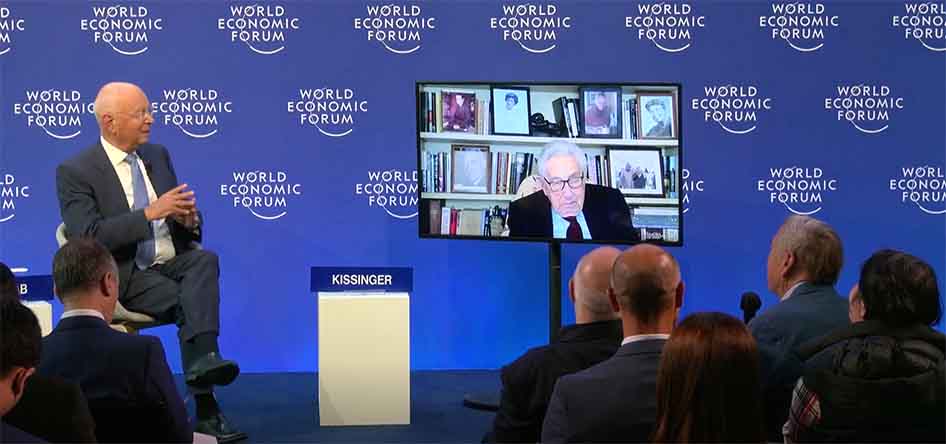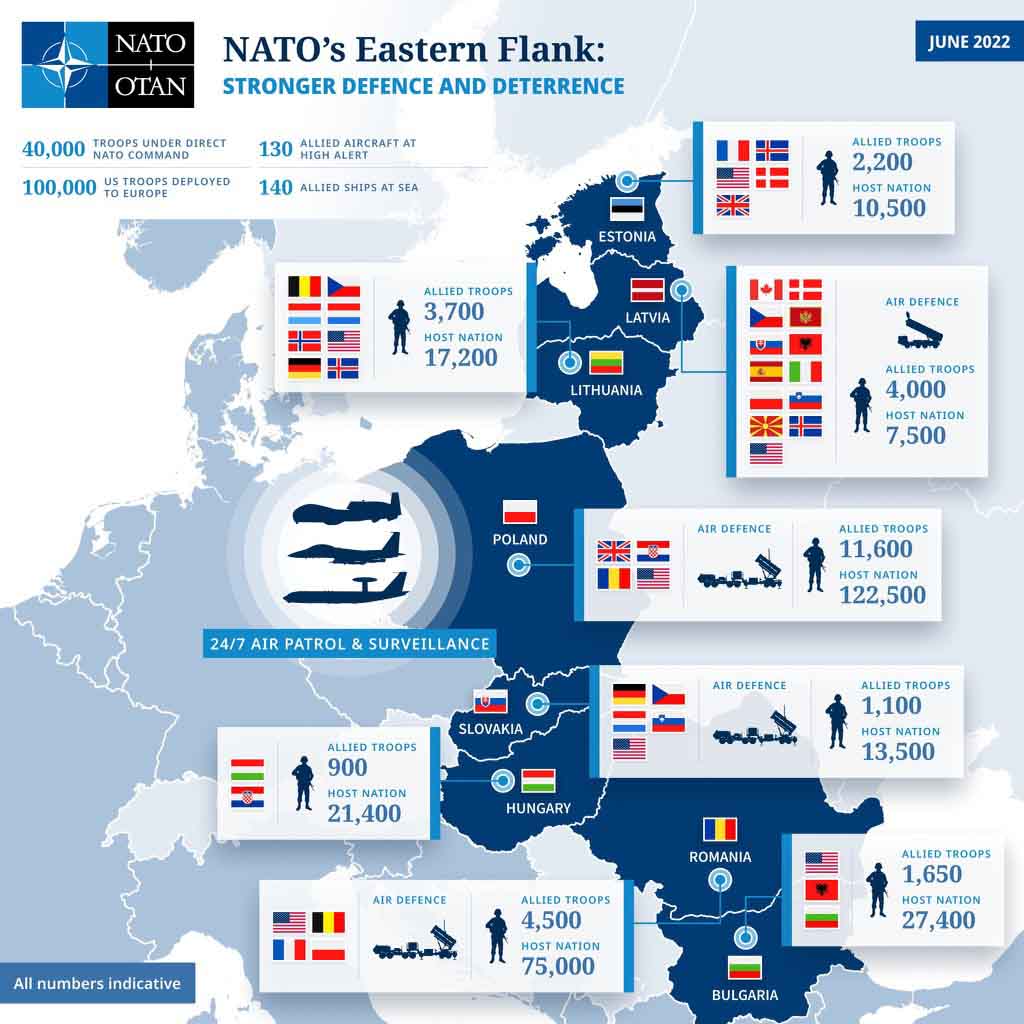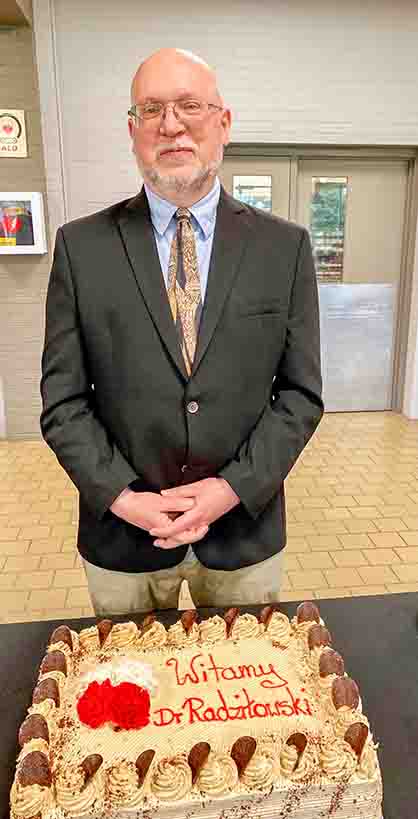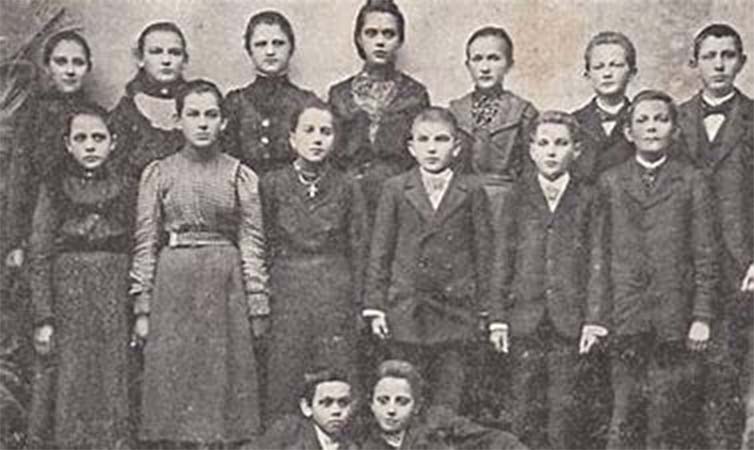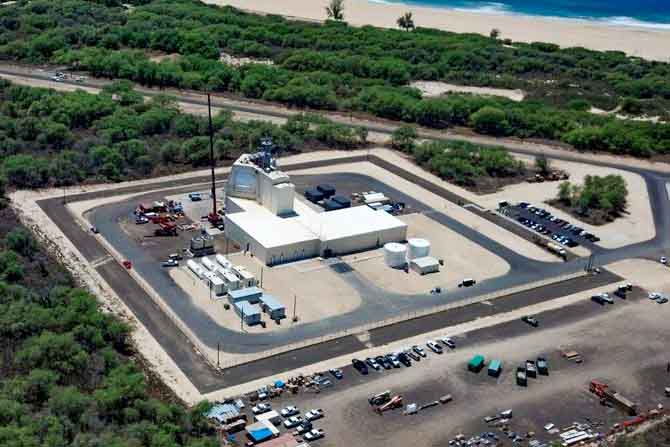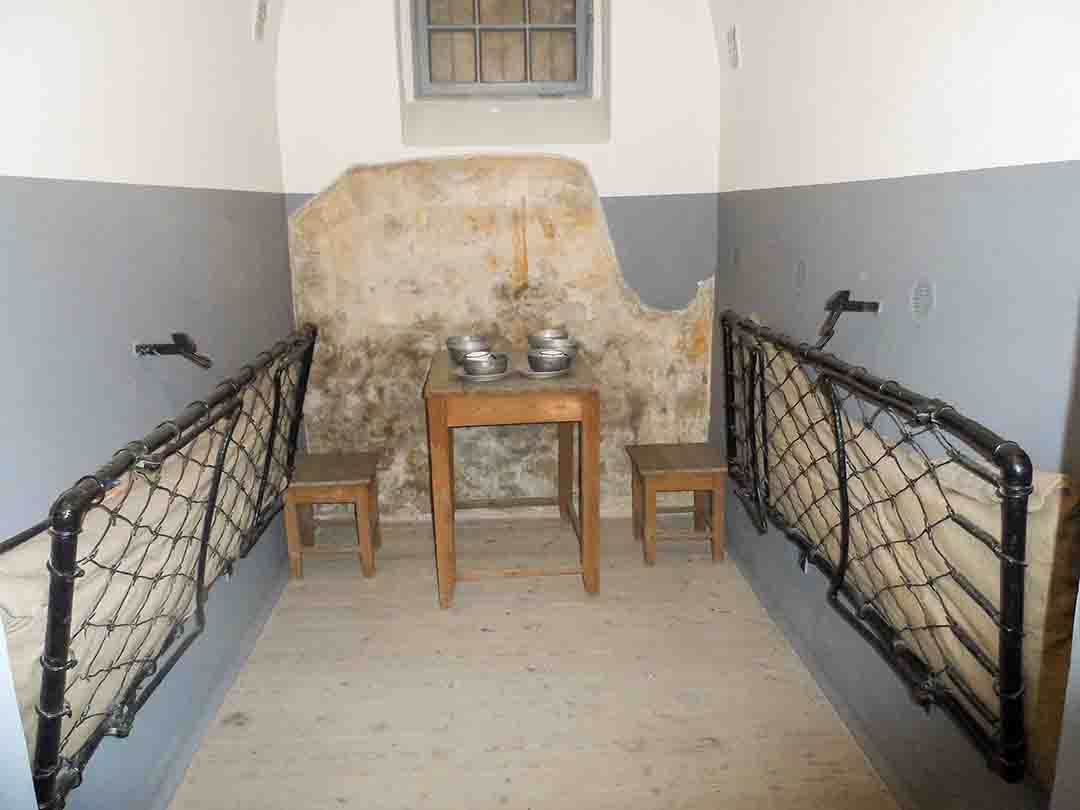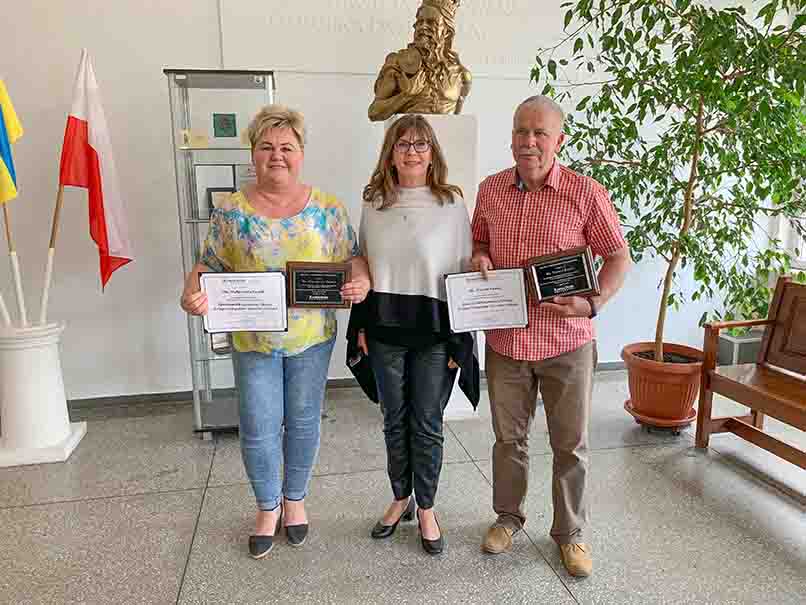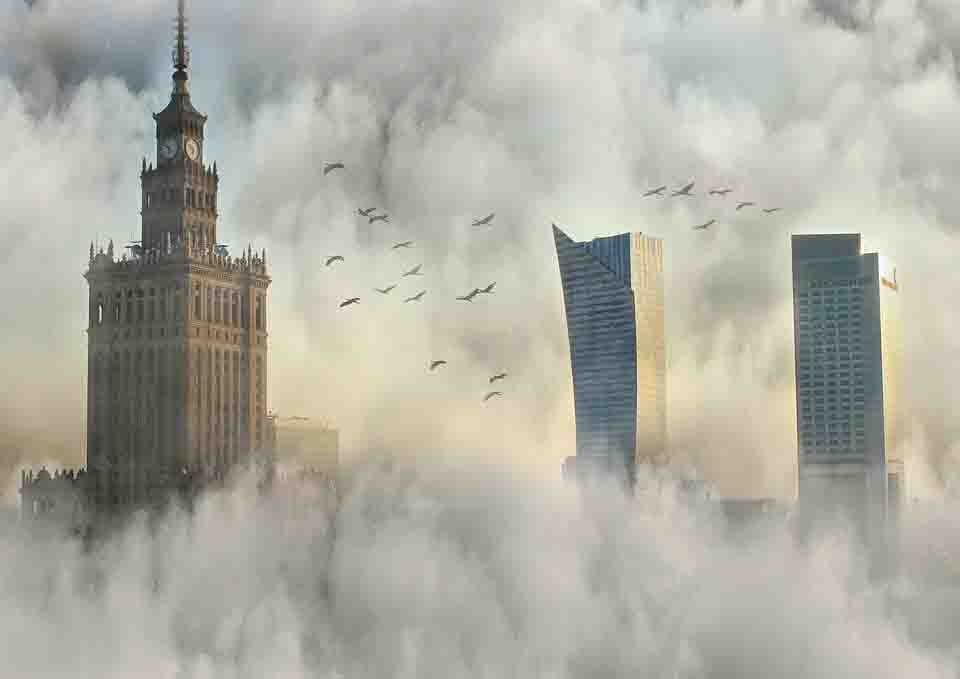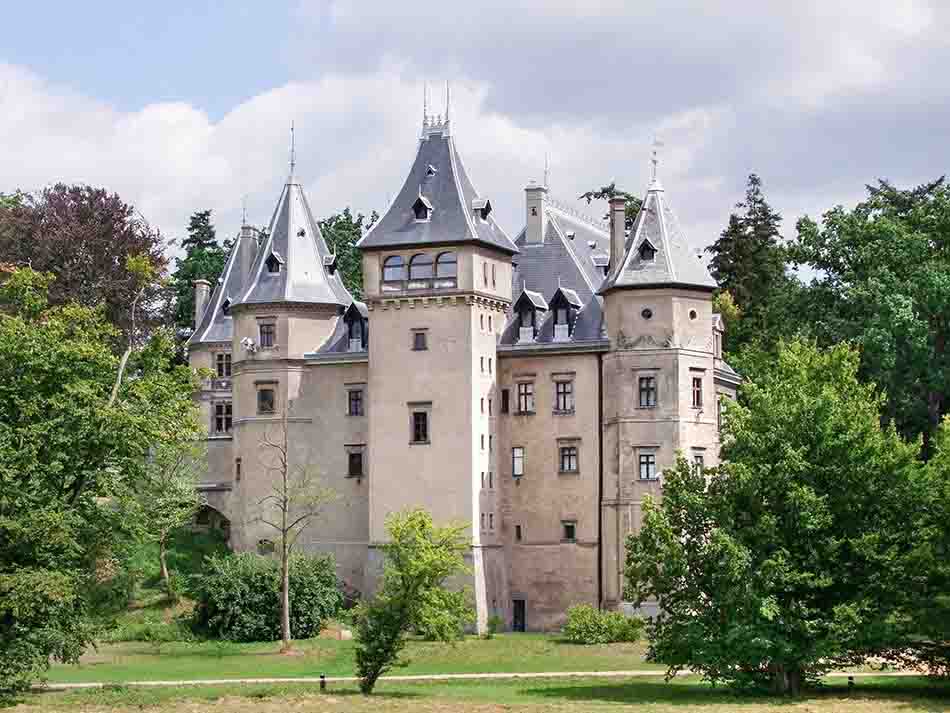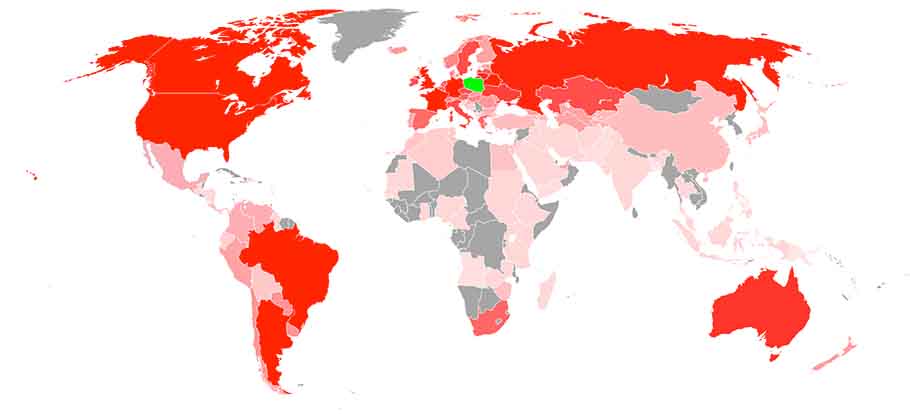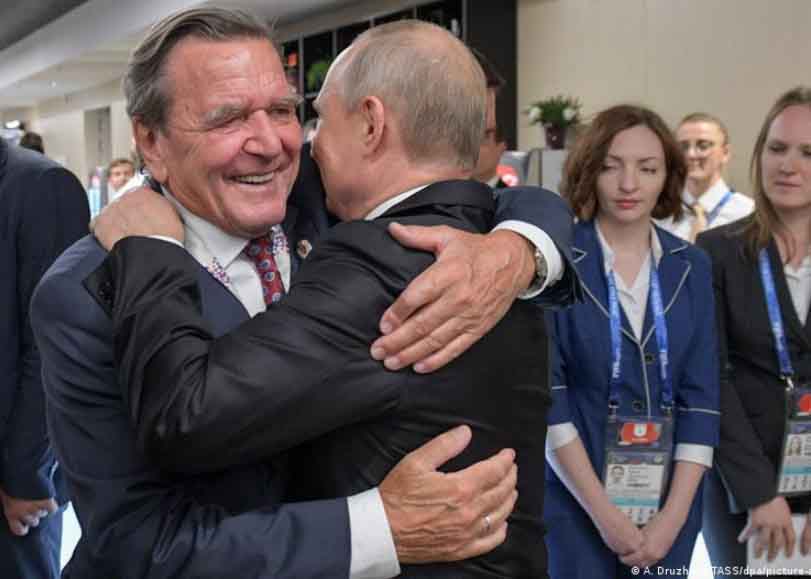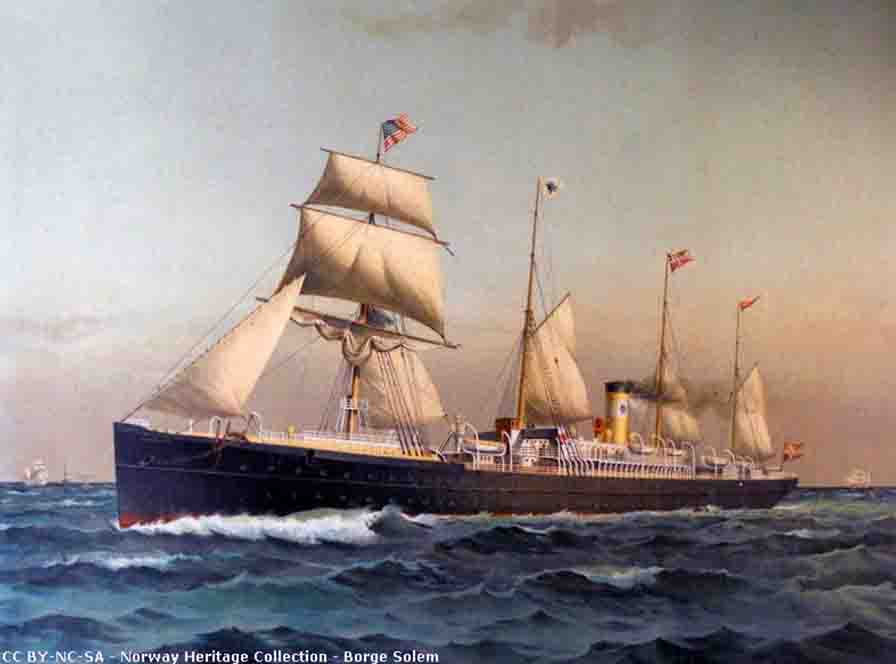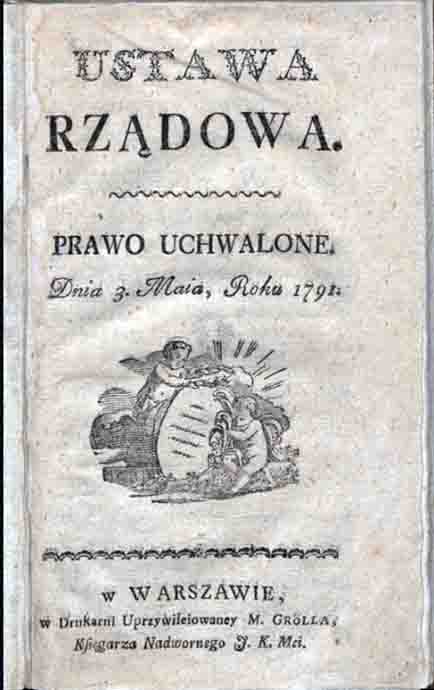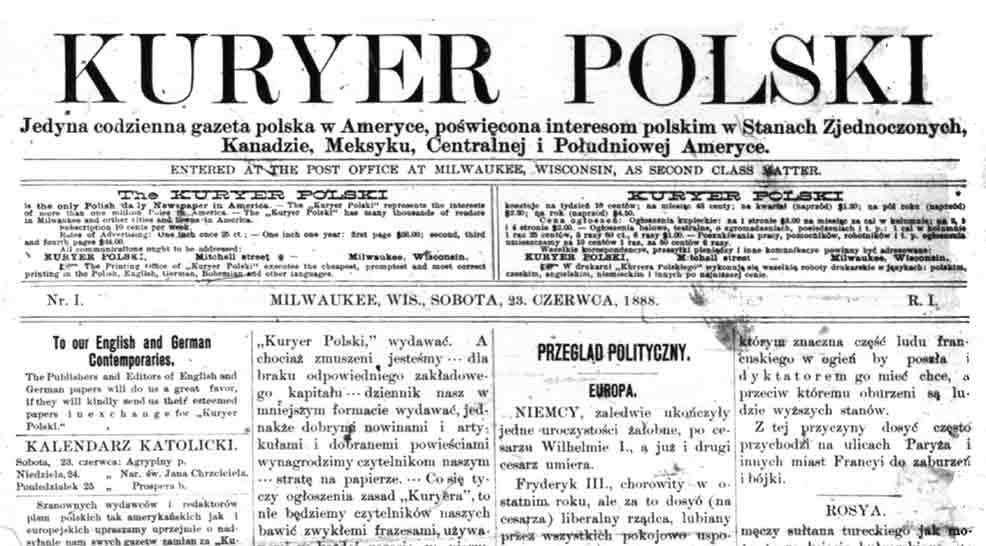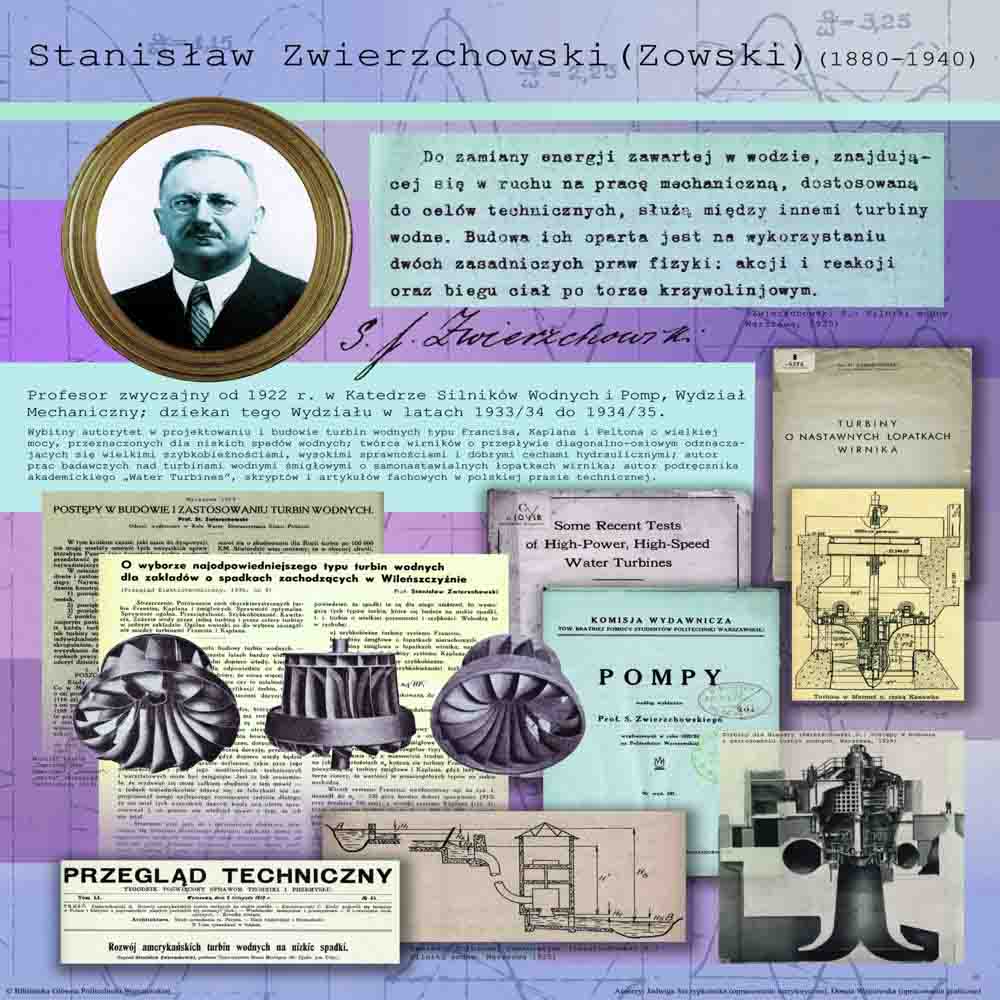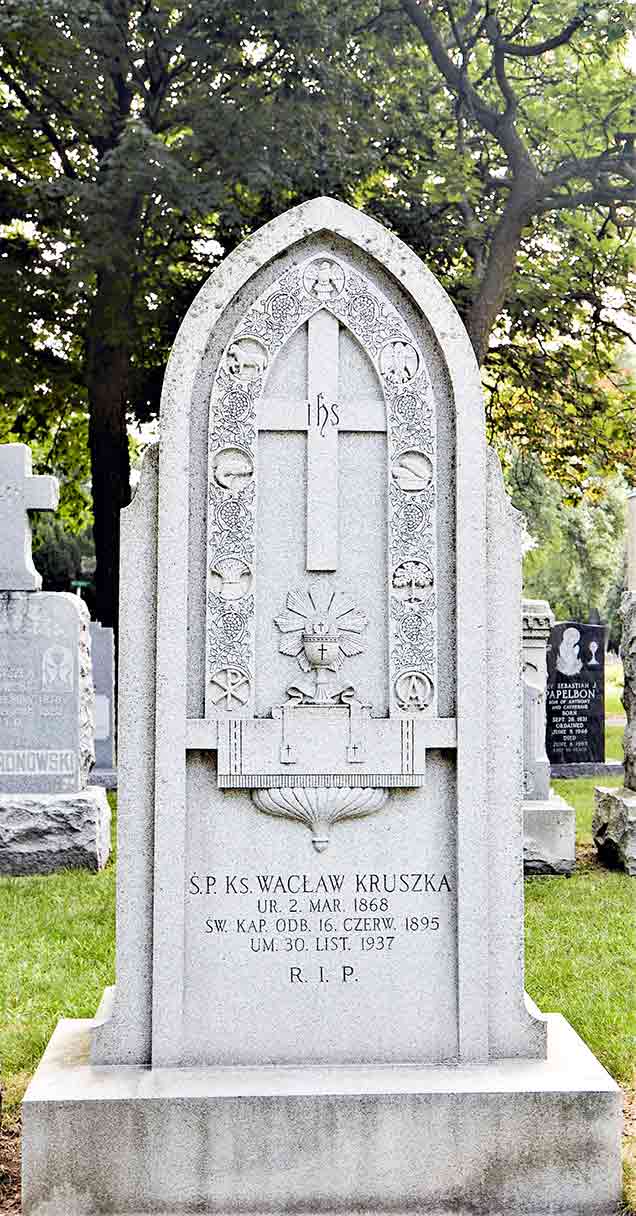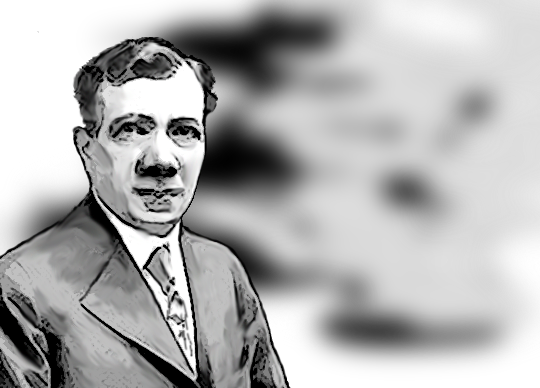Central and Eastern European countries want to strengthen NATO's eastern flank, they want a project to build a North-South infrastructure. Building strength means a strong army and a strong economy. So let's focus on these priorities.
Read more...The balance of power in the world is changing. The price of a barrel of oil exceeds USD 120. Inflation in many countries has gone beyond the magical 10%, the high prices are starting to bother many households. Central and Eastern Europe is also changing before our eyes. There is a devastating war going on in Eastern Europe.
Read more...The Polish Institute of Culture and Research at Orchard Lake is a not-for-profit organization that serves the Polish American community, regionally and nationally, as a center for Polish and Polish American culture and research. As part of the Orchard Lake Schools and rooted in the teaching and faith of the Catholic Church, the Institute is part of an ancient, living tradition of Polish and Polish American culture and serves as center for research and cultural activity for people from throughout its region, across North America, and around the world.
Read more...From the beginning of the partitions of Poland, the invaders tried to Germanize and Russify the Poles by all means. One of the basic methods was to fight the Polish language. In schools, students were subject to corporal punishment for using the Polish language during breaks between lessons, and their parents were fined.
Read more...he project of the anti-missile base in Redzikowo near Słupsk gave a chance for a permanent presence of US troops in Poland, as well as for an effective anti-missile defense system, including long-range missiles. Unfortunately, in 2008, the Russians wanted to block the construction of this base or at least achieve a delay.
Read more...Pawiak is a prison in Warsaw that no longer exists, which was built by the Russians in the years 1829–35. The building is situated between Dzielna and Pawia streets (hence the name) in Warsaw,
Read more...I have been to Poland for the last week. I meet many Ukrainians in the streets. In restaurants and shops, I am served by excellent-Polish-speaking Ukrainians. It is important to talk about how Poles opened their hearts to their neighbors.
Read more...In this well-researched historical novel, Bogdan Kotnis chronicles the young life of Pulaski, who offered his services to George Washington and emerged as a brave soldier, demanding commander, and brilliant leader. These qualities earned him the title of "The Father of the American Cavalry" and a congressional appointment as Brigadier General and commander of his cavalry regiment.
Read more...Before the countries of Central and Eastern Europe — and maybe even more broadly, including the Scandinavian countries, and some countries of southern Europe, all the way to Turkey — in connection with the ongoing war in Ukraine, there is a window of opportunity to create a geopolitical project, the idea of which has been alive since the times of Marshal Piłsudski.
Read more...May 25 this year is the 74th anniversary of the death of Captain Pilecki in the Mokotów prison.
Read more...Polish Fest has been an annual event for the last 40 years. Its first edition took place in 1982 during the four days of the Labor Day weekend on the city’s Summerfest grounds. In a perfect world we would be celebrating the 41th anniversary this year, but in reality, this year’s Polish Fest is being organized for the 39th time.
Read more...Gołuchów Castle is an early Renaissance, multi-story brick castle, with towers in each corner, built in 1550-1560 on a square plan for Rafał Leszczyński.
Read more...PACIM (Polish American Cultural Institute of Minnesota) sent me an unsolicited e-mail announcing the showing of the Death of Captain Pilecki at a small neighborhood movie theater. It piqued my interest. Little did I know by attending that I would be drawn by its message to act. Prior to and after the showing, Marek Probosz spoke and took questions.
Read more...On May 18, 1944, at dawn, the world heard the news, which — as Polish patriotic commentary — was accompanied by the song "Red Poppies at Monte Cassino". The author of the words was Feliks Konarski "Ref-Ren" — a poet and soldier of the 2nd Corps of General Władysław Anders — and the composer of music was Alfred Schütz — a conductor and member of the Polish Soldier Theater stationed in Compobasso, near Monte Cassino.
Read more...In 2022, the editor-in-chief of the Kuryer Polski internet portal (kuryerpolski.us), Mr. Waldemar Biniecki, became the winner in the category of journalist of the Polish media. The jury awarded him for a series of bilingual publications in Kuryer Polski , thanks to which the Polish point of view reaches audiences not only in the United States, but all over the world.
Read more...About 20 million people of Polish origin live outside Poland. These are people who left the country or were born outside of Poland, but show attachment to Polish origin and ties with the Polish culture.
Read more..."In the category of Journalist of the Polish Media, the winner is Waldemar Biniecki. The jury recognized him for a series of bilingual publications in «Kuryer Polski», thanks to which the Polish point of view reaches audiences not only in the United States, but all over the world."
Read more...The Fire Brigade is an organized formation that deals primarily with prevention of and fighting fires. The Fire Brigade is no stranger to rescuing human life in accidents of all kinds, and it also fights the consequences of non-compliance with environmental protection standards.
Read more...Gerhard Schröder, in an interview with The New York Times entitled "The Former Chancellor Who Became Putin's Man in Germany," referring to his unsuccessful mediation attempt in Moscow, said: "Putin is interested in ending the war. But that’s not so easy. There are a few points that need to be clarified."
Read more...On Tuesday, March 10, 1891, sixteen-year-old Michal Grochowski stepped aboard the steamship SS America at Bremerhaven (Bremen), Germany. Michal had never seen a ship in person, nor had he ever laid eyes on the ocean. He had spent his entire life in the farmsteads of rural Łobżenica, Poland, about 40 miles west of present-day Bydgoszcz.
Read more...The first constitution of the modern world was the United States Constitution, which entered into force on March 4, 1789. The second, and the first in Europe, was the Polish Basic Law announced on May 3, 1791 at the Royal Castle in Warsaw, today known as the Constitution of May 3. This piece of legislation — and its consequences — have a complicated but noteworthy history.
The May 3 Constitution Day celebration will be held on Monday, May 2, 2022 at the Polish Center of Wisconsin.
Read more...Support Us!
We are a group of independently-minded Polish-American patriots. Support our efforts to inform, integrate, and unite Polonia and Poland, to promote and defend the good name of Polonia and Poland, and to connect Polonia and Poland into a web of empowerment across the world!Write for Us!

Submit your article proposal. We are always looking for new material!
Waldemar Biniecki
The original Kuryer Polski was the first Polish daily newspaper printed in the United States. Its founder was Michał Kruszka who published the newspaper in June 1888 in Milwaukee, Wisconsin.
Read more...Stanisław Zwierzchowski was born on April 27, 1880 in Śrem in Wielkopolska (Greater Poland), under the Prussian partition. He graduated from gymnasium in his hometown and technical studies in Berlin-Charlottenburg. In 1905. with a mechanical engineering degree, he came to Poznań and did an internship at the Hipolit Cegielski Factory. Following the footsteps of his countrymen, he went to the United States for further studies and quickly found a job as a structural engineer at the Allis Chalmers Co plant in Milwaukee.
Read more...Kuryer Polski was born in hardship and uncertainty, after all, its creator - Michał Kruszka, had already had two unsuccessful publishing attempts behind him. At the beginning of Kuryer's way, Michał was a truly Renaissance figure - the creator and executor of his idea. Soon he was supported in the implementation of his project by two brothers who came from Słabomierz - Józef and Wacław.
Read more...Part I - Michał Kruszka
Katarzyna Murawska
Historical documents confirm that the Polish people have always been associated with America. The list of great Poles who made an impact throughout the history of the United States is long. It begins with the semi-legendary “John of Kolno” who supposedly came to this continent 16 years before Columbus.
Read more...


